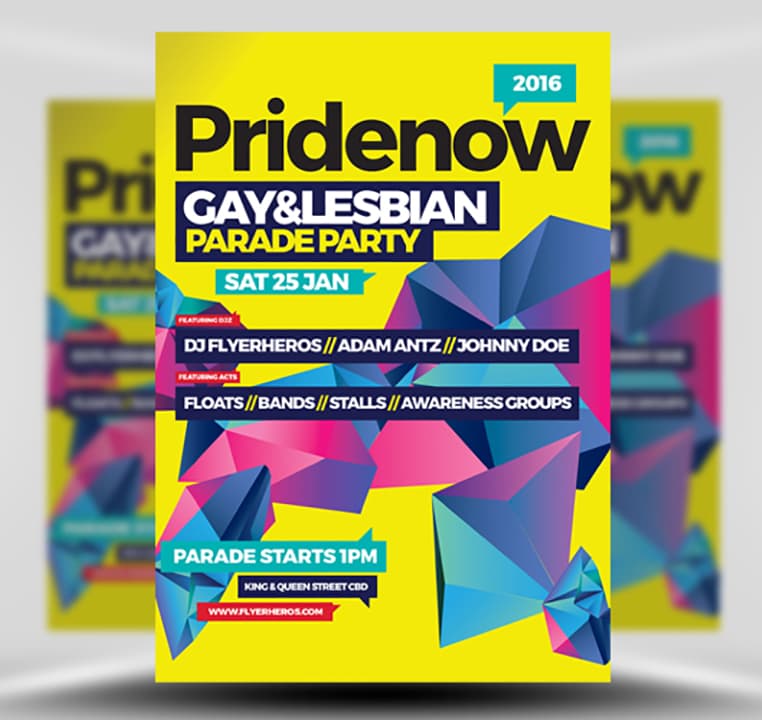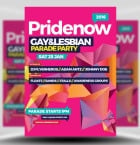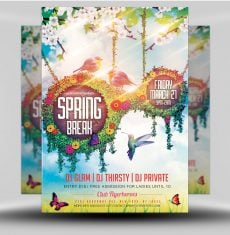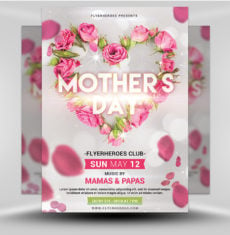PRIDENow Flyer Template
PRIDENow is an ultra-modern minimal flyer/poster template for EDM parties and nightclub events.
The bright colours and minimal style are inspired by modern day dance music festivals.
In our example we have used the template for an LGBT poster, utilising characteristic LGBT colours.
Whether you use this template for LGBT flyers or regular dance music events, we’re sure the resulting designs will be superb.
If PRIDENow Flyer Template isn’t absolutely perfect for you, check out these other designs below:
View related Club Flyer Templates:
- Gay Night Flyer Template
- LGBT Beach Party Flyer Template
- Stump Indie Poster Template
- Cowboys and Angels Flyer Template
- LGBT Camo Party Flyer Template
What fonts do I need for this template?
<!– Stock image from DepositPhotos
–!>
General information:
PRIDENow Flyer Template is a premium Photoshop PSD flyer / poster template designed by FlyerHeroes to be used with Photoshop CS4 and higher.
Once you have purchased this flyer template, you are free to make any customisations and modifications you wish.
You are also granted an Unlimited Use and 100% Royalty Free License meaning you can use this product as many times as you wish for as many clients as you wish. You are free to use this product in both personal and commercial work.
You can read more on our File Licenses here and our File Requirements here.
Please note, stock models / photographs of people are used for demonstration purposes only and are not included in the final download. We do however include a blank placeholder layer to make using your own stock photos as easy as possible.
If you have any further questions, please feel free to direct your questions to FlyerHeroes Support.


















